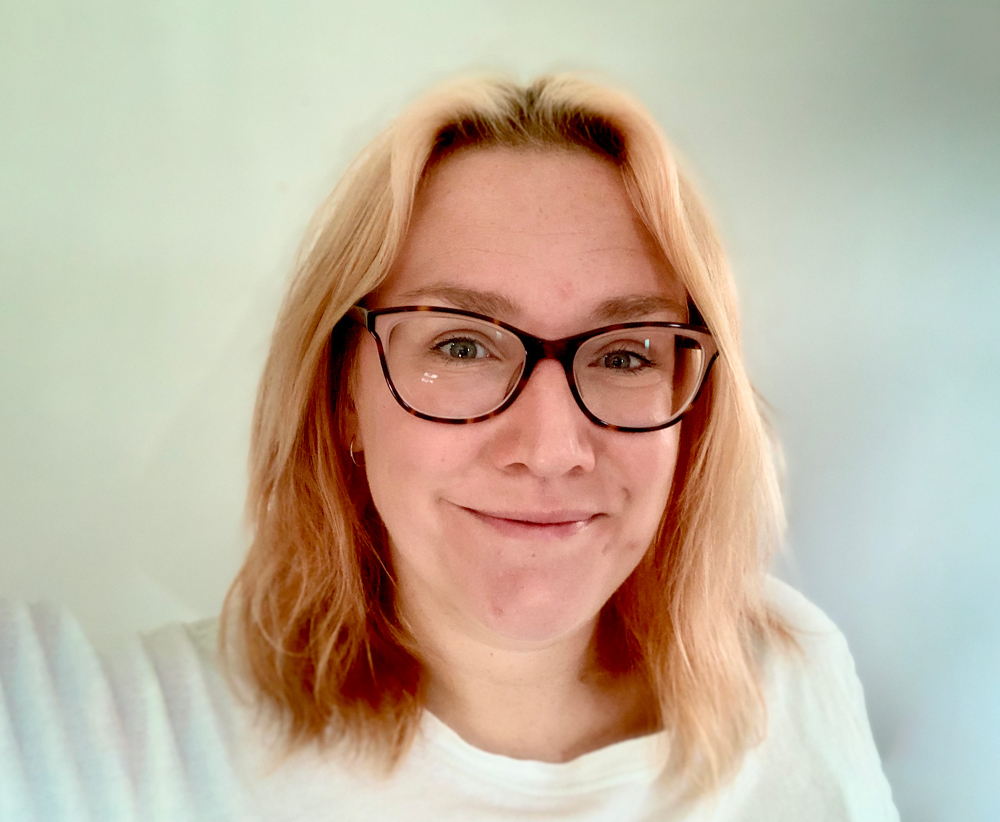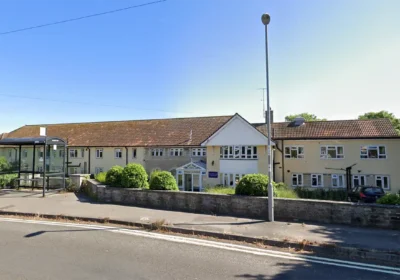PART of my job as cabinet member for Culture, Communities and Customer Services at Dorset Council is waste. I’ve always been diligent at recycling and have even been known to crochet my own dishcloths – don’t laugh, it’s relaxing! – so I thought I was pretty clued up on the topic. Waste in the bin, food waste in compost, recycling in the recycling bin – job done. But what next?
So, firstly – the waste hierarchy. Reduce, Reuse, Recycle. We hold ‘Swishing’ events – clothes swaps, support repair cafes and generally try to push the message out that it’s better if the stuff isn’t there in the first place, but if it is, here’s what Dorset Council does with it.
Black bag waste. We collect it in our trucks and take it to Canford Magna to be bulked up. Your rubbish used to be sent to landfill, which is not only unsustainable – it’s pricey, too. Now, it’s treated – all 50,000 tonnes a year – at New Earth Solutions in Poole and this process extracts any recyclables or composts people might have missed. About 75% of materials extracted here are sent for energy recovery as Refuse Derived Fuel. Typically, the plant achieves 95% diversion from landfill, which I think is outstanding.
We separate paper and card using mechanical screening which cleverly differentiates between two-dimensional and three-dimensional materials, then it’s re-processed at Shotton paper mill into new products. Steel cans are separated from aluminium using magnets over conveyor belts and are melted down and re-processed into more cans.
Now, plastic recycling is very cool.
We use near infra-red technology to separate missed plastics – each plastic reflects a unique level of light intensity so we can sort it correctly, and it’s then chipped and pelletised to be used for making new plastics. Glass is relatively straightforward and is hand-sorted by colour, melted and re-used.
Who’s heard of anaerobic digestion? No, I hadn’t either, but that’s what happens to your potato peelings, scrapings off plates and anything else you pop in your food caddy. Anaerobic digestion breaks down the waste in the absence of oxygen and produces biogas – which is used to generate electricity for local businesses and produces fertiliser for local farmland. Your garden waste goes straight to be composted.
Our Household Recycling Centres – yes, I still call it ‘The Tip’, too – might seem a bit strict on sorting and separating but as you can see from the information above, it’s crucial that as little goes to landfill as possible.
Our Recycling Team and I love getting out and about, doing talks in schools and community groups across Dorset, talking about the great stuff we are doing here in our beautiful county.
If you’d like us to come and chat to your school or group, drop me an email at cllrlaura.beddow@dorsetcouncil.gov.uk
LAURA BEDDOW
Councillor for West Purbeck & Dorset Council cabinet member for culture, communities & customer service











Leave a Reply